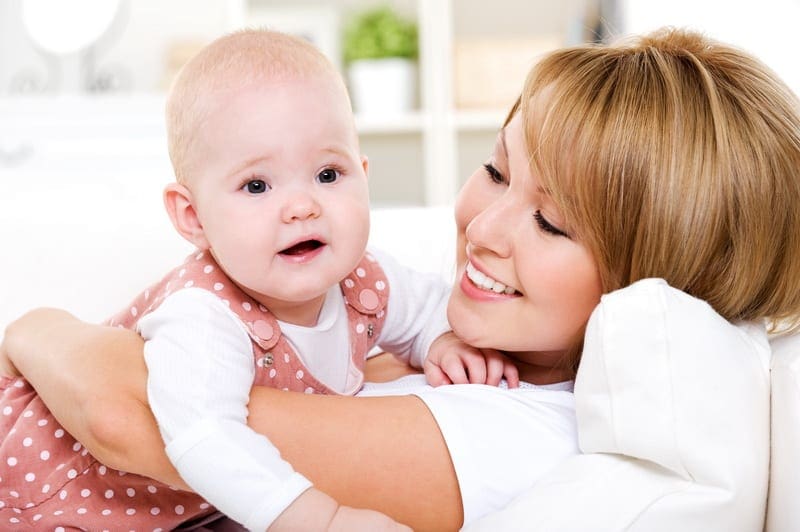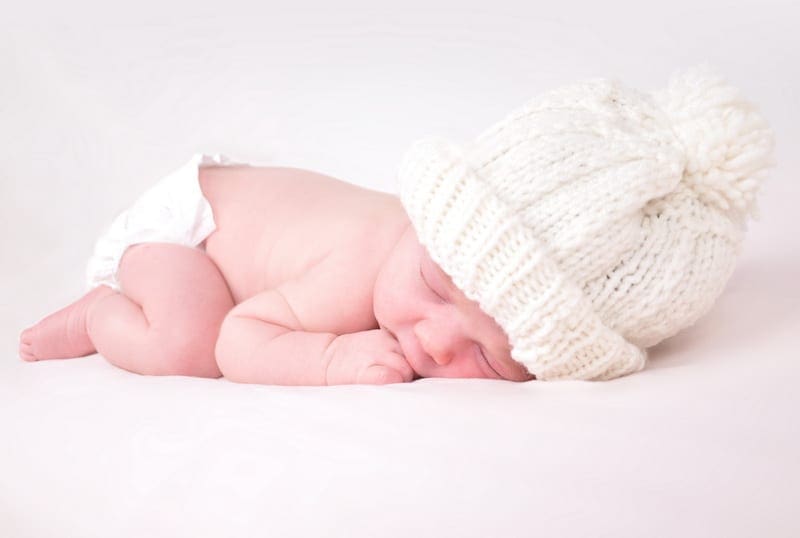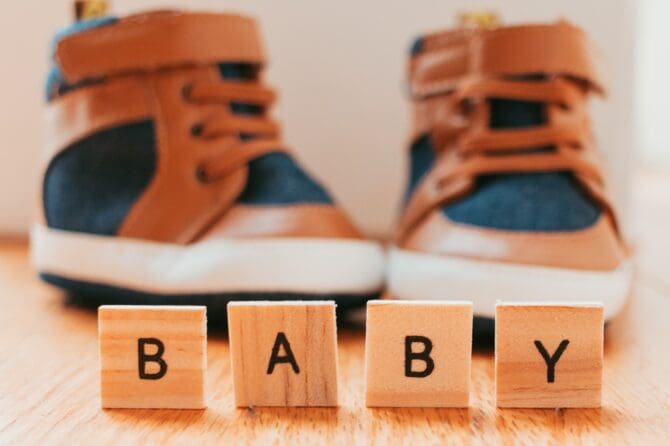Losing hair is a big fear for a lot of women, and it’s something that can be especially tough to deal with during pregnancy. Hair loss affects around 20-30% of women all over the world, and it’s something that can happen to any woman from any walk of life. If you’re pregnant and dealing with hair loss, know that you’re not alone and there are ways to cope with this difficult issue.
A lot of pregnant women worry about their hair falling out or thinning during pregnancy, when in reality, most women grow thicker, fuller hair. For the small percentage of women who do find the opposite happening, biotin supplements can help. Biotin is an important part of a healthy antenatal vitamin regiment – it helps with cell growth and strengthens nails and hair – and is just as important as getting enough calcium from milk for pregnant women.
Though not commonly experienced, a biotin deficiency in women can have negative consequences for overall health. Biotin is an important nutrient with many different jobs in the body, so including it as part of a nutritional menu plan can have greater benefits.
What Exactly is Biotin?
Biotin, also called Vitamin B7, is a water-soluble vitamin that helps with a lot of different functions in the human body. Some benefits of biotin include aiding in cell growth, fat and protein synthesis and metabolism, citric acid regulation, blood sugar level management, insulin level regulation, hair integrity, and more.
Just like the other B-vitamins, the body needs this vitamin in order to function properly. You can get this nutrient by eating different foods or by taking supplements. When you make sure to get enough of this vitamin, you can avoid or control health problems such as brittle fingernails, palmo plantar pustulosis (a skin problem on the palms of your hands), hair problems, scabby skin cankers, dermatitis, diabetes, and cradle cap.
Biotin During Pregnancy Is Easy
There are some other benefits of biotin for pregnant women as well. It’s important to note that pregnant women usually have higher metabolic demands than normal due to the needs of the developing fetus. This is becoming increasingly evident because women who don’t take biotin while pregnant sometimes show signs of biotin deficiency.
Not consuming the right amount of biotin during pregnancy can have a negative effect on the mother’s immune system. Without strong defense mechanisms, the pregnant woman – and even the fetus – may be susceptible to various diseases that could stunt the baby’s development. Additionally, if the mother doesn’t consume enough biotin during pregnancy, the baby may be born with birth defects. Although these outcomes are rare, they are still worth noting.
Get Enough Biotin By Eating a Healthy Diet
It’s important for expecting mothers to get enough biotin during pregnancy in order to fully reap its benefits. Although using creams, shampoos, and conditioners topically has not been clinically shown to increase biotin levels, the vitamin can be taken orally or intravenously to be most effective.
According to experts, babies need at least 30 to 35 mcg of biotin a day for proper growth. This might seem like a small amount, but it’s really all that they need.











